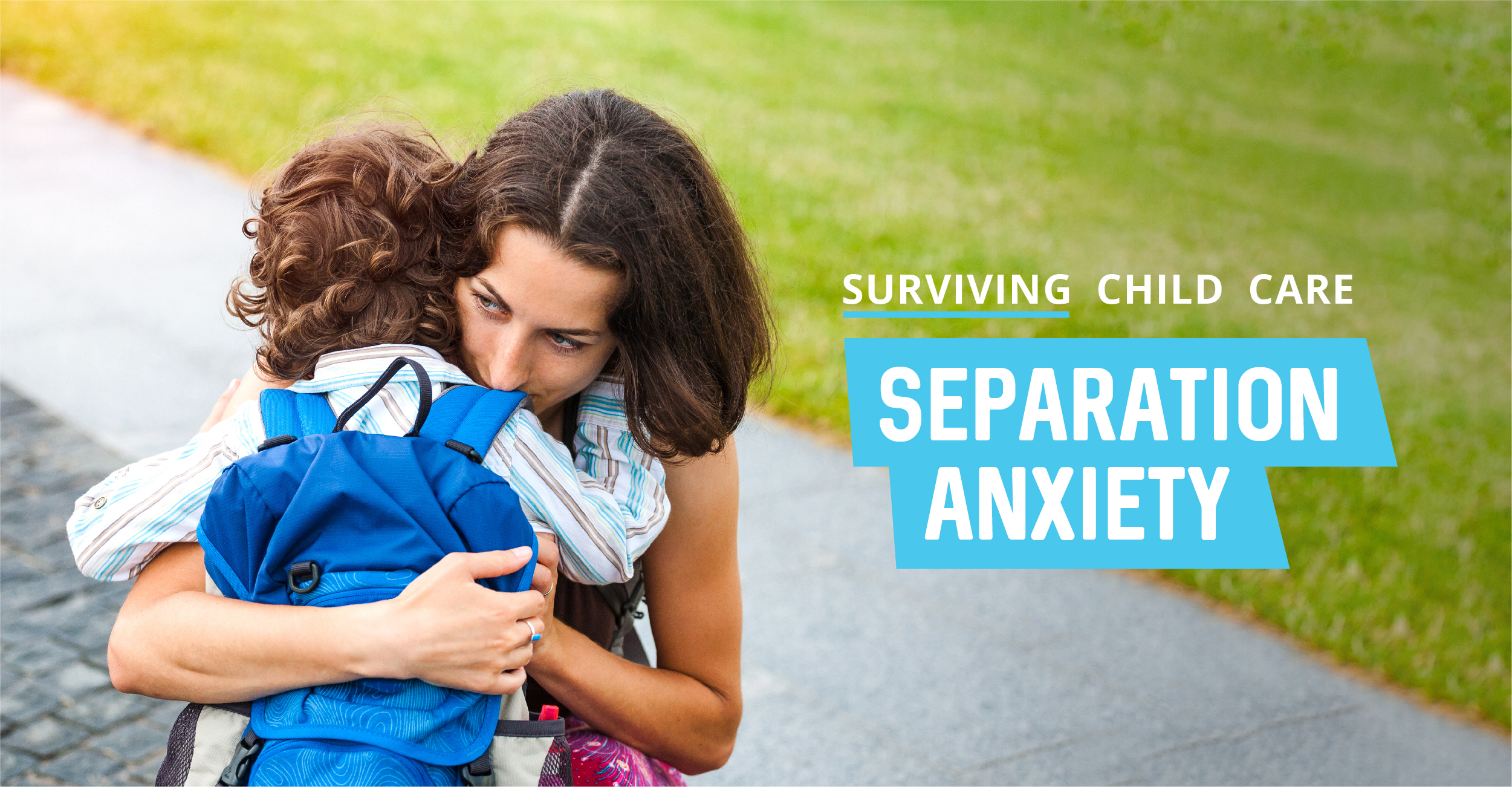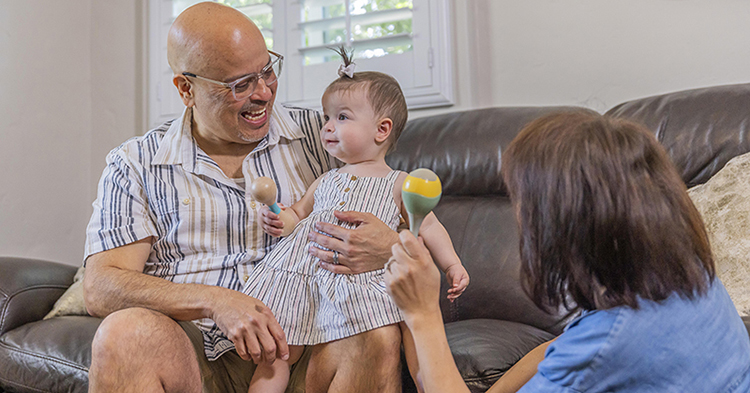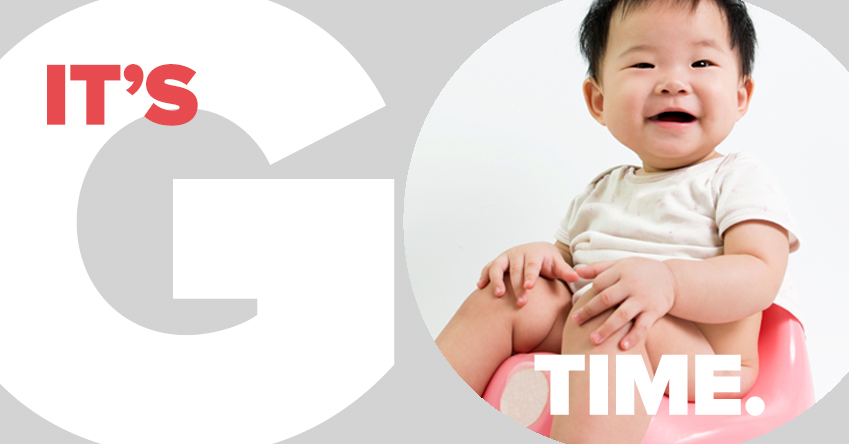
It’s harder on you than it is on her.
That’s what everyone said when I left the child care center and my beautiful, 3-year–old was screaming for her mama. Me. The terrible parent that had to go to work to be able to provide for her.
Well, they were right about one thing. That first time was hard on me. I cried the entire way to work.
At lunch time, I raced back to the child care center to check on her, expecting to see my baby still crying and waiting for me. As I peeped into the room, I saw her playing with another little girl, throwing blocks in the air and belly-laughing as they came crashing down. “How is this possible?” I thought. “She was so broken this morning.”
The next morning brought the same routine and the same reaction. I would be lying if I said I didn’t go back to the child care center again on my lunch hour. But in the following days, things started to change for the better. Gradually. The crying was less dramatic (on both of our parts), and it was becoming less painful to part.
After some time, we got better at separation anxiety. We developed routines. The teachers were comforting and supportive. Our mini-breakdowns became less and less, and my daughter was able to be confident in knowing I would be back to pick her up and that she might even have a little fun while I was gone. We made it work.
But even today, in the crazy chaos of parent life, no matter how used to dropping her off I’ve become, I still miss her the minute I get back into the car without her.
I hope that never changes.
Tips for making drop-offs a little easier
There are a few tips I can offer to other parents who are going through some form of separation anxiety with their child:
Make it routine. When your child is crying, you want to make it all okay. Sometimes making it okay doesn’t involve you. As hard as it is to walk away, start a routine of leaving. Whether it’s getting your little one settled with a snack or toy, or handing them to a caregiver with a hug and a kiss, making a swift departure will be appreciated by everyone. The sooner you leave, the sooner your child can move on with their day. Keeping this goodbye routine the same is a great way to build confidence with your child that you will be back and leaving is a “normal” thing. Show your child that they have nothing to worry about. If you need to walk away and have your own mini-breakdown, then do it! You can process however you need, but don’t do it in front of them.
Prepare ahead of time. Planning ahead is one of the most effective tools for smooth transitions. Start a goodbye strategy using family or friends that help care for your child. It can be as simple as leaving your child in their care for a quick trip to the store. This way, when you go into a new setting, the environment may be new but the strategy is the same. Also, visit the child care center ahead of time and let your child get used to the atmosphere. Ask the center about hourly care. If you can start with a few hours of child care before a long day, it will help your child get acquainted with being there.
You’re going to be okay. This too shall pass. Babies should come with these instructions on a little label. When dealing with separation anxiety, realize that you set the tone for the goodbye strategy. Be confident that your child will be fine and you will be together again soon.




